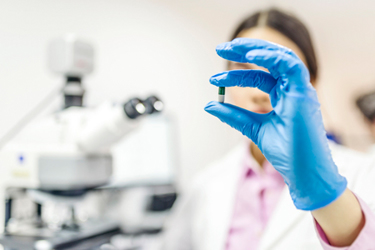TPDs: Developing The Next Generation Of Oral Therapeutics
By Anshul Gupte, Ph.D., Vice President, Pharmaceutical Development, PCI Pharma Services

Targeted Protein Degraders (TPDs) are fundamentally changing drug development by harnessing the body’s natural systems to eliminate harmful proteins, offering a more permanent solution than traditional inhibitors. This approach holds immense therapeutic promise for oncology, neurodegenerative, and immune-related conditions, fueling substantial investment and market growth.
Despite their potential, TPDs, which include PROTACs and molecular glues, present significant development challenges due to their structural complexity, high molecular weight, poor solubility, and limited membrane permeability. These properties often impair oral bioavailability, necessitating advanced formulation techniques. To address solubility limitations, researchers are investigating methods such as hot-melt extrusion, spray drying, and nano-milling to create amorphous solid dispersions or reduce particle size.
Successful TPD development requires a phase-appropriate strategy that prioritizes flexibility and scientific rigor, moving from simple, speed-focused formulations in early phases to robust, scalable solutions in later stages. A strong CDMO partner is critical for navigating the complexities of TPDs, offering expertise in handling highly potent compounds, advanced formulation technologies, and specialized analytical development to ensure stability and quality from discovery to commercial supply.
Get unlimited access to:
Enter your credentials below to log in. Not yet a member of Outsourced Pharma? Subscribe today.
